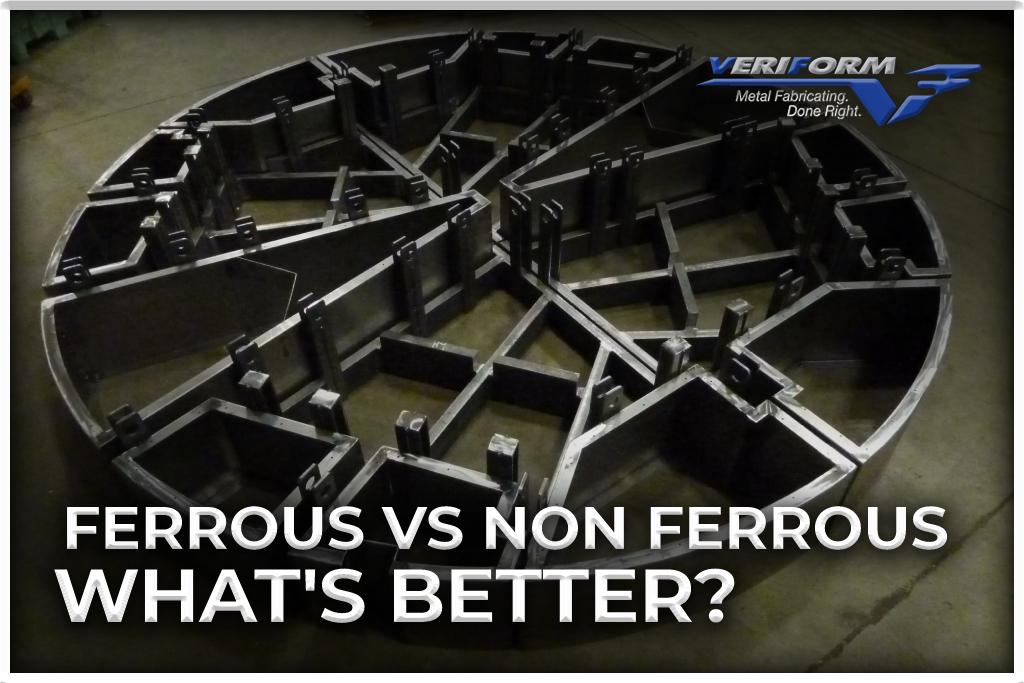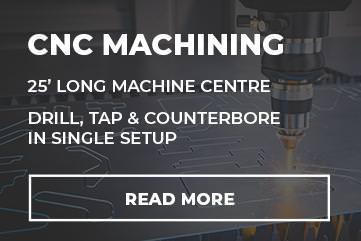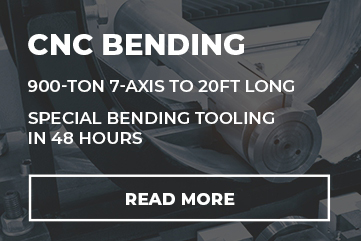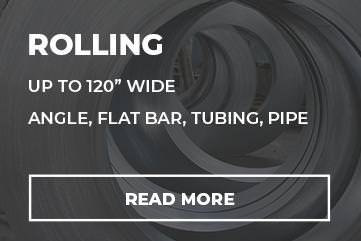News
Ferrous Metal Versus Non-Ferrous Metal

Knowing everything there is to know about various types of metal can drastically affect your metal fabrication project. Different aspects must be taken into consideration first. Some metal corrodes quicker, different metals have different melting points, and some metals have a magnetic component.
All these factors will affect the outcome of your final product. Knowing the appropriate material to use will save you the trouble, the time and the money later on. With that being said, today’s topic will be ferrous metal versus non-ferrous metals. For those who don’t already know, you’re probably wondering what it is to begin with, and what is the difference? Keep reading to find out more!
What Is A Ferrous Metal?
Let’s get straight to the point! Simply speaking, ferrous metals are metals that contain iron while non-ferrous metals don’t contain any amount of iron. Ferrous metals are considerably stronger and more durable making them perfect for architectural and industrial fabrication purposes. Due to the iron component, ferrous metals also tend to be magnetic. Some examples of ferrous metals include:
Examples of Ferrous Metals
- Steel – An alloy made by combining carbon with iron — this type of metal is commonly used in construction, manufacturing industries and creating common household items. It’s typically low-cost in terms of making, processing and forming steel.
- Alloy Steel – This type of steel is created by combining certain elements of chromium, nickel or titanium. This strengthens the metal and makes it more durable without adding on the extra weight. It’s commonly used in construction, machine tools and other electrical components.
- Cast Iron – This ferrous metal contains about 2-4% carbon along with different amounts of silicon, manganese and bits of impurities such as sulfur and phosphorus. It’s considered to be strong but at the same time delicate.
- Stainless Steel – Stainless steel has been known to be one of the most durable types of steel. Stainless steel is also heat and corrosion-resistant. It’s frequently used to manufacture tools and appliances like surgical equipment, household items or appliances and even jewellery.
For more information on other ferrous metals, click here.
What Is A Non-Ferrous Metal?
As we previously mentioned, non-ferrous metals contain no traces of iron. It’s also typically not as strong due to the lack of iron but that comes with its own advantages. This makes them more malleable along with having a higher resistance to corrosion and rust. Compared to ferrous metals, non-ferrous metals are ultimately more expensive. A few examples of non-ferrous metals are:
Examples of Non-Ferrous Metals
- Aluminum – It’s a low-density metal that’s lightweight. The strength of aluminum isn’t the best. However, it’s the most abundant metallic element found in the earth’s crust. It’s also the most commonly used non-ferrous metal.
- Copper – Copper is most notable by its reddish colour and is one of the most ductile metals. It makes a great conductor for electricity and heat. Hence why it’s most commonly used in electrical industries to manufacture wires or other conductors.
- Brass – This type of alloy is created with a combination of copper and zinc. It’s a hard metal but malleable depending on the zinc content. It’s most widely used to create bolts, screws, and even ammunition cartridge cases.
- Lead – Lead is very workable, dense, durable and ductile however poor in conductivity. It is highly resistant to corrosion but oxidizes quickly. It’s often used in electrical power cables, batteries and ammunition.
For more examples of non-ferrous metals click here.
Metal Fabrication Canada — VeriForm Inc.
Whether you choose ferrous metals or non-ferrous metals for your custom metal fabrication project, VeriForm knows exactly how to turn your optimized designs into your desired end product. VeriForm is North America’s greenest fabricating company!
With over 25 years of experience, they specialize in multiple machining capabilities including welding, countersinking, and milling to name a few. If you’re looking for a well-trusted metal fabrication company, contact VeriForm today!








